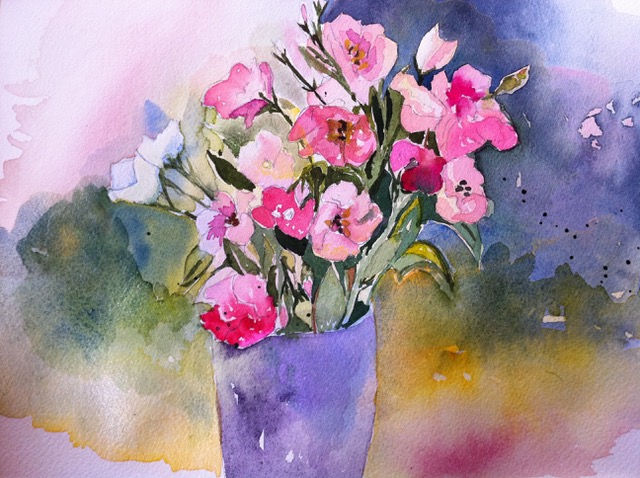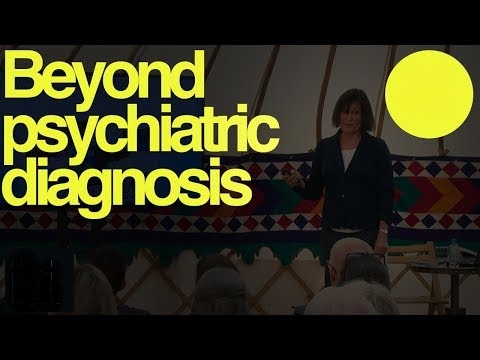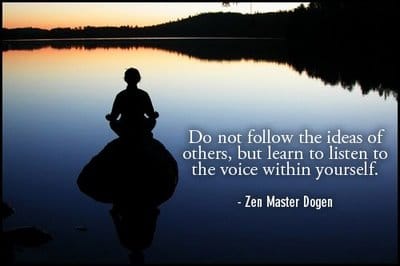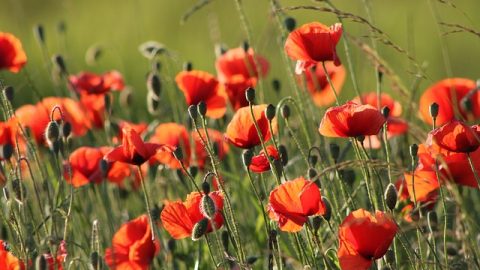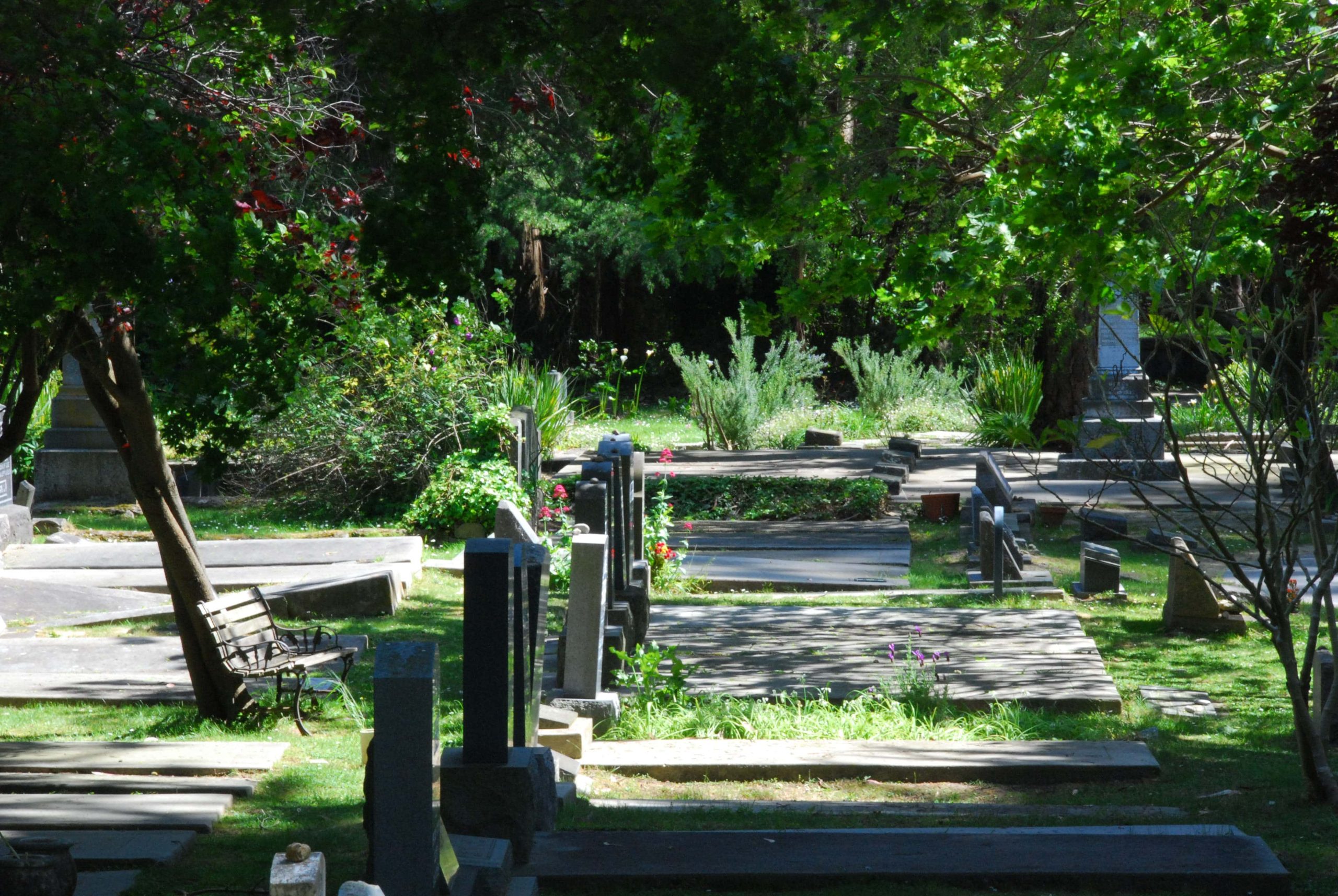How Are You Better Off Now?
by Gregg Krech
During a televised debate in 1980, between Ronald Reagan and incumbent Jimmy Carter, Reagan posed this question to the audience:
“Are you better off now than you were four years ago?”
The question was designed to make voters think critically about the Carter presidency. I can’t say whether this is an effective political strategy, but I would like to comment on the question from the perspective of someone who has practiced and taught self-reflection for the past 35 years.
The value of this question as a self-reflection prompt is based on how one responds. If you take the time to really consider many aspects of your life, health, relationships, work and finances, and were able to compare your life in these two moments of time, it might be revealing and possibly useful. But if you answer impulsively, then you will probably get a fairly skewed view of reality. So the value of this question is really in the details and depths of your inquiry.
For many years Linda and I have started our day with a “coffee and chocolate” morning ritual. Often bundled up out on the deck, we drink a bold cup of coffee and have a tiny bite of good chocolate, ensuring a delicious moment each day, no matter what else the day delivers.
We also put a question on the table that allows us to reflect on the previous day. We might ask one of the Naikan questions (“What did I receive yesterday?” or, “What trouble did I cause yesterday?”), or we might look for mysteries or surprises or things we learned about the world.
More recently, we started using the question, “How am I better off now than I was 24 hours ago?” I’ve found this to be quite a revealing question because it highlights the progress we’ve made, and the good fortune we’ve experienced:
- “I took a long and challenging bike ride.”
- “I received a newsy letter from a friend yesterday.”
- “I read a fascinating article about conflict resolution.”
- “I got the car inspected.”
- “I completed a draft of a presentation I’ve been working on.”
Many of us use the early part of the day to plan what we need to do that day, but never get around to recognizing what we actually did. Instead, we focus on what still remains to be done. This is a good recipe for disappointment, stress and even depression. Another attentional habit we have is to focus primarily on our problems and challenges, some of which aren’t real, just forecasts of the future and what may happen further down the road. This is also a good recipe for depression and anxiety.
The question, “How am I better off now than I was 24 hours ago?” really anchors you in the practical reality of your life over the past day. It reveals ways you are making progress (even if it’s just incremental), and it helps you to recognize good fortune you encountered. It may reveal the kindness of others and point you toward the beauty in the world.
I’m not referring to optimism or positive thinking. There’s always the chance that you cannot identify one way that you are better off than the day before. That’s certainly a possibility. But this reflection grounds us in aspects of reality that we can miss when our attention is riveted to problems, conflicts, politics, tragic world news, health issues and our thoughts about how challenging our own life can be.
So try this for a few days and see what you discover. If you like, you are welcome to share your experience with me at gregg@todoinstitute.org
Gregg Krech is the Director of the ToDo Institute and author of 5 books about Japanese Psychology, including Naikan: Gratitude, Grace & the Japanese Art of Self-Reflection. Gregg will be conducting the 2024 Residential Certifications in Vermont (9/21 – 9/28) and in Germany (10/20 – 10/27)
Tags: gratitude Mental Wellness Self-reflection
